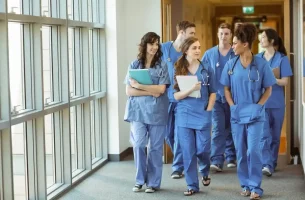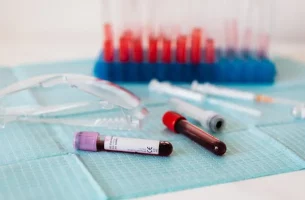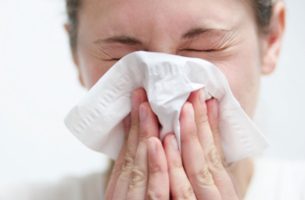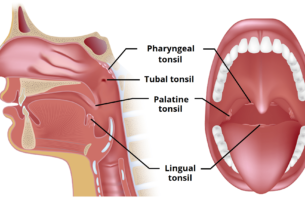What is a resident doctor? Resident doctor is the new name for what used to be called ‘junior doctors’ and ‘registrars’. These are doctors (on shorter-term contracts) training to become a senior doctor called a consultant (on a permanent contract). On 18th September 2024, the British Medical Association (BMA; the doctors union), announced that junior […]
Read MoreA-Z medical words and abbreviations Here is a list of commonly used medical words and abbreviations for people working in healthcare. A Words Abdomen: the tummy area from the lower ribs to the pelvis Abdominal: of the abdomen Abrasion: typically non-serious scrape or cut Abscess: pocket of pus that forms due to an infection Acute: […]
Read More10 ways to stay well and look after yourself this winter Winter illnesses Sickness rates increase over the winter. This is due to a combination of infections, lower temperatures and falls in the elderly. But there are things they and you can do, to reduce the likelihood of sickness in the winter. 1. Wait a […]
Read MoreHow can I check results of my blood tests? We recommend your join an excellent free web service called Patient Knows Best (PKB). It shows your latest blood test results. It can also show (for some people), your letters and medicines, plus information about your diagnoses and treatment. You can also set up alerts, monitor […]
Read MoreHow can I manage my own symptoms of chronic disease? In this article, we will describe how you can better manage the symptoms of your chronic disease. This is called self-management. Self-management refers to a range of things you can do to live better with your long term conditions by managing your own health more […]
Read MoreWhat you need to know about your allergies? It’s a good idea to keep a record of all your allergies. This includes: things like natural allergies (e.g. hay fever, bee stings, gluten) drugs you are allergic to, and how you react to them (e.g. hives, rash, fever). Allergies are a key part of your medical […]
Read MoreHow much alcohol is safe to drink? If you’re a healthy adult: To reduce the risk of harm from alcohol-related disease or injury, healthy men and women should drink no more than 14 standard units a week and no more than 4 standard drinks on any one day. The less you choose to drink, the […]
Read MoreWhat do the tonsils do (5 functions)? In this article we will describe what do the tonsils do, and explain their 5 functions. 1. Four types Tonsils are an important part of the immune system. They are glands at the back of the throat and tongue. People have four kinds of tonsils: palatine tonsils (visible […]
Read MoreWhat do the kidneys do? (7 functions) The kidneys have 7 functions: Waste removal – remove wastes (including urea and creatinine) from the body in urine Water and salt(s) removal – salts include sodium and potassium Acid removal Make renin – controls blood pressure Make erythropoietin (EPO) – stimulates red cell production in the blood […]
Read MoreWhat are Ozempic and Mounjaro? Do they work? They are GLP-1 (Glucagon-like peptide-1) agonists. Yes, and this is why they are getting so much attention. Let’s start with Ozempic (generic name Semaglutide. It is a drug whose primary use is to lower blood sugar levels. But it is also increasingly used for weight loss, whether […]
Read More










